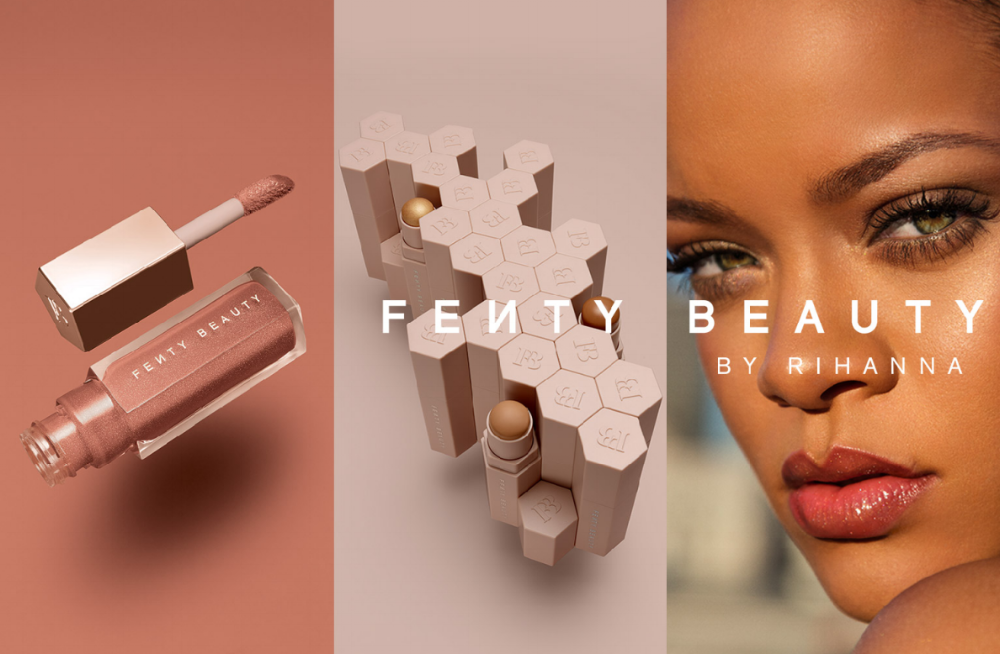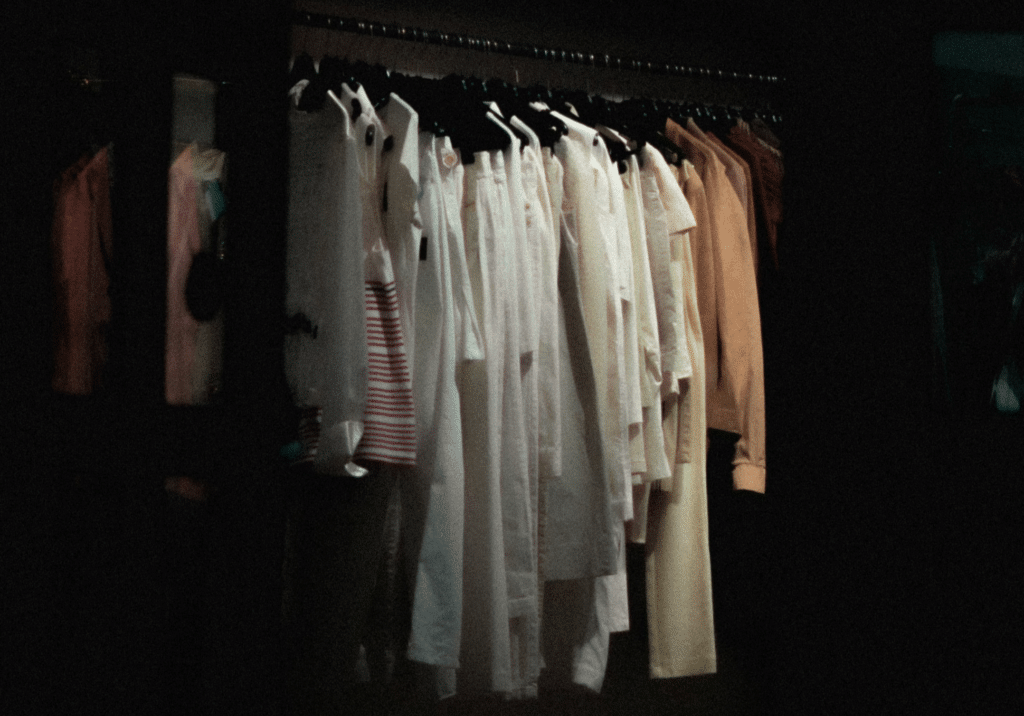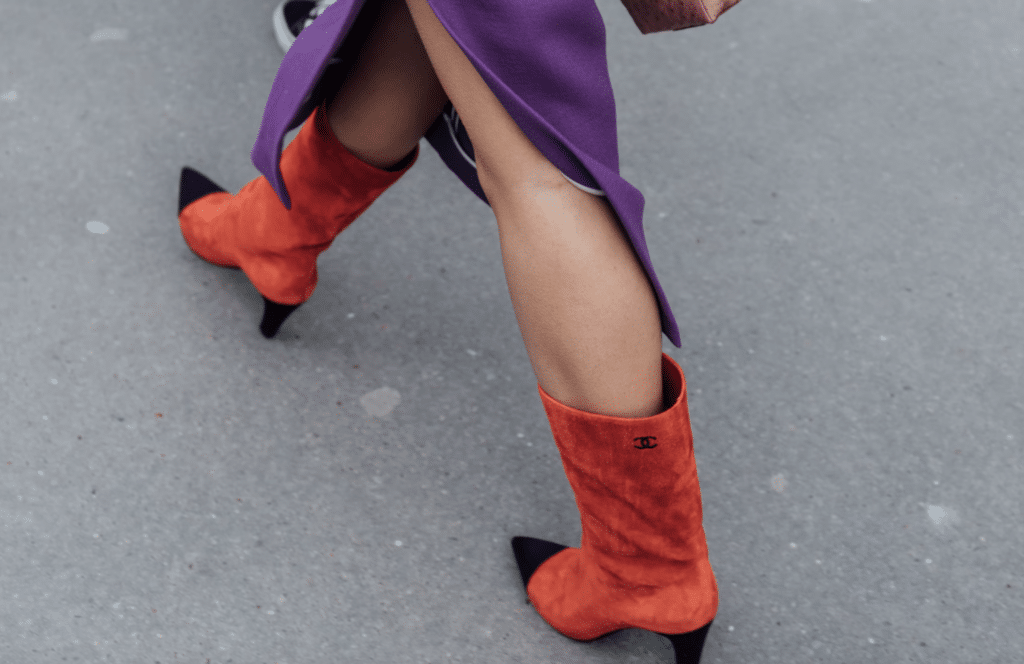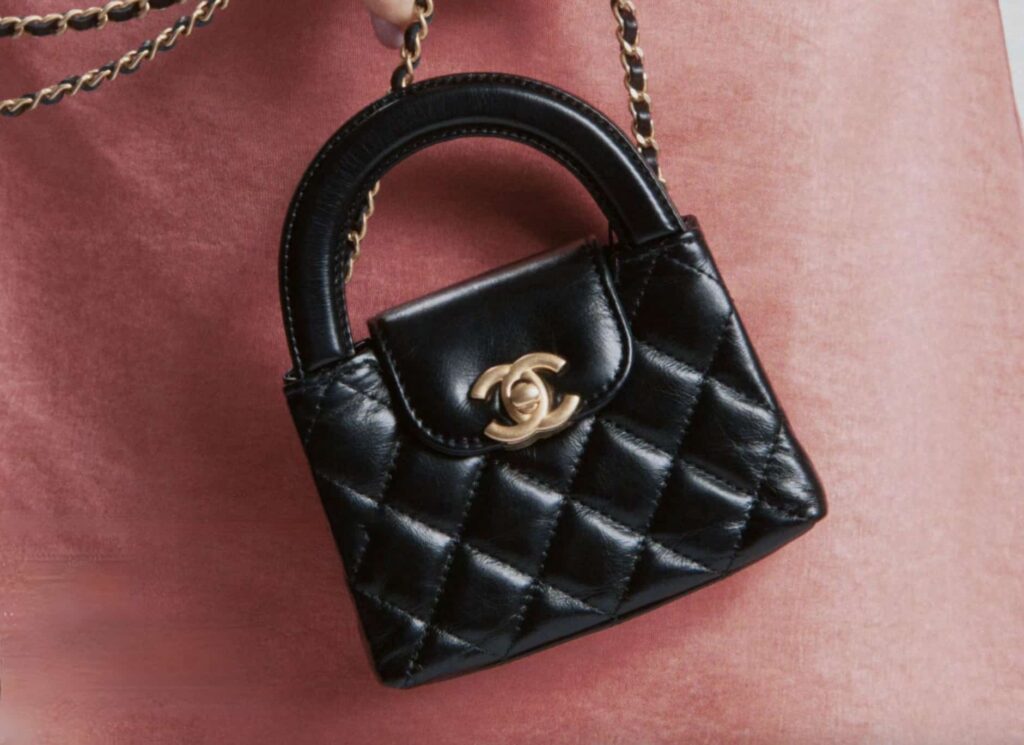On Tuesday, Time released its first-ever list of “Genius Companies.” On its inaugural list are 50 companies that Time’s global network of editors and correspondents have decided are “inventing the future.” Apple, Amazon, Netflix, Space X, and Spotify are among those that “are driving progress now” and worth watching for in the future. They are joined by the likes of GW Pharmaceuticals, a fast-growing medical marijuana company; Bumble, the female-focused dating app; Common Bond, a financial technology company seeking to revolutionize the way Americans are paying off their $1.5 trillion in student loans; and GoFundMe, the “social fundraising” platform.
At least a few retail-related names have landed on Time’s list. Everlane – the 7-year old brand focused on bringing “relentless transparency about its clothes and the workers who produce them” to the average consumer – is being credited with inspiring “copycat direct-to-consumer brands touting ethical approaches to consumption and minimalist aesthetics like M.Gemi and Cuyana now proliferate, and even Walmart is reportedly launching what some consider an Everlane rival of wardrobe basics.”
Not to be outdone, Rihanna and her Fenty Beauty venture are spotlighted. The Barbados-born multi-hyphenate business woman teamed up with LVMH’s Kendo division for the joint venture known as Fenty Beauty, and the brand – which reportedly made $100 million in sales in its first 40 days on the market – has inspired longstanding market participants to take a more diverse approach to beauty products. As Time aptly notes, “Fenty introduced its first collection last fall—including a much-hyped foundation dubbed Pro Filt’r that comes in 40 diverse shades—with the aim of catering to all women, regardless of skin color.”
Now available in 29 countries, including Bahrain and Malaysia, Fenty Beauty has sent even some of its most well-established competitors “rushing to expand their own product lines [to cater to a wider array of consumers]: several brands in the past year have widened their offerings, in what some have termed the ‘Fenty Effect.’”
In short: “In only a year, Fenty Beauty has pulled off a makeover of the makeup industry.”
Nike similarly takes a spot on the list thanks to its “knack for connecting its products to big cultural conversations—and courting controversy without hesitation.” According to Time, “From the 1993 ad in which Charles Barkley declared ‘I am not a role model,’ to a 2017 ‘Equality’ marketing campaign featuring Serena Williams and LeBron James,” and ex-NFL quarterback Colin Kaepernick’s recent “Believe in something” campaign, “Nike has sought to both inspire and provoke” and it has turned that into a profitable endeavor.
“The company’s embrace of Kaepernick is looking like a savvy business move,” per Time. “Year-over-year online sales jumped 28% from Sunday of Labor Day weekend [when the ad first debuted] through that Wednesday, compared to a 2% drop the year before.” Paired with “new products like the lightweight Epic React Flynit running shoe, Nike’s stock had already climbed 33% this year through September, outpacing the Dow Jones Industrial Average, which rose 7% during that period.”











